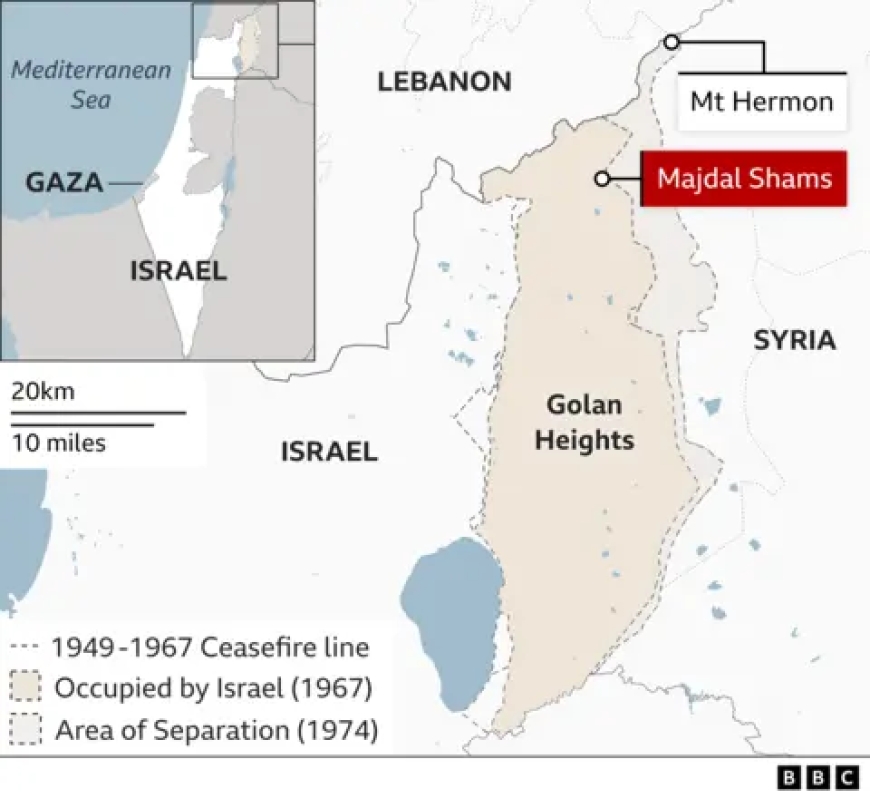On Monday morning, Israeli warplanes conducted extensive airstrikes on southern Lebanon, targeting multiple locations including Houle, Markaba, Eita al-Shaab, Hayyam, Shahin, Yaron, Mis al-Jabal, Kefarkala, Eitoron, and Burj al-Shamali. This escalation follows a series of retaliatory actions and rising tensions in the region.
The airstrikes came hours after Hezbollah, the Islamic Resistance in Lebanon, issued two statements expressing solidarity with Palestinians in Gaza and vowing to respond to Israeli aggressions. On Sunday, Hezbollah forces targeted Israeli military assembly points in Al-Manara and Shtola, resulting in significant casualties and fires, according to Hezbollah's reports.
Regional Reactions and Warnings
Lebanese Foreign Minister Abdullah Buhabib issued a stern warning against any further Israeli actions targeting Lebanon. He cautioned that any escalation could ignite a regional conflict, inflicting severe damage on Israel. Talal Ersalan, Chairman of the Lebanese Democratic Party, condemned the Israeli attacks in Majdal Shams, describing them as attempts to disrupt the demographic and geographic fabric of the Golan Heights. Ersalan emphasized that these efforts would fail, as the residents of the Golan Heights remain committed to their resistance until achieving full freedom.
Incident in Majdal Shams
In a related development, the Syrian Foreign Ministry accused Israel of using the attack on Majdal Shams in the occupied Golan Heights as a pretext to widen its aggression in the region. On Saturday evening, a missile struck Majdal Shams, resulting in 12 deaths and numerous injuries. While Israeli officials blamed Hezbollah for the attack, Hezbollah denied involvement, suggesting that an Israeli anti-aircraft missile might have been responsible for hitting a football stadium.
Broader Implications
The Syrian Foreign Ministry denounced Israel's actions, labeling them as attempts to escalate regional tensions and expand its aggressive operations. The Ministry reiterated that the people of the Golan Heights remain steadfast in their resistance against Israeli occupation.
These developments mark a significant escalation in the already volatile situation in the region. The international community watches closely as the risk of a broader conflict looms, with potential repercussions across the Middle East.
As tensions between Israel, Lebanon, and Syria intensify, the prospect of a larger regional conflict becomes increasingly concerning. The recent airstrikes and retaliatory actions underscore the fragile and dangerous nature of the current geopolitical landscape in the Middle East. Diplomatic efforts and international interventions may be crucial in preventing further escalation and fostering stability in the region.














































